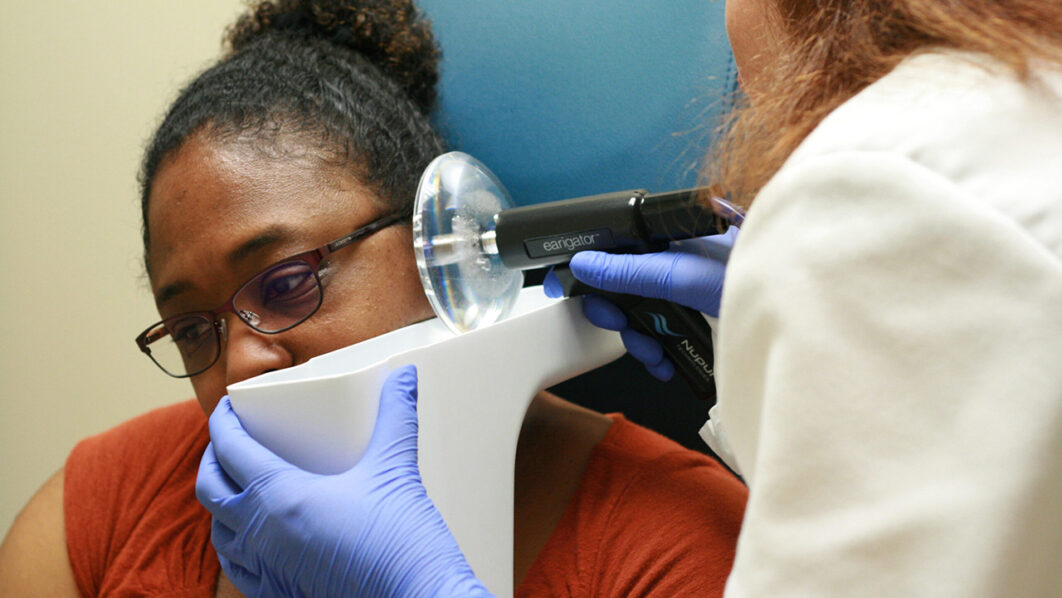
Let me quote IBK’s writing on my ear verbatim by and by without much ado:
Prof TA, I enjoyed reading your satirical, semi-autobiographical piece on the “life-ruining, health-destroying” drugs market, and how your aching Ear wasn’t impressed by your self-medicating response. I read in a report on the African pharmaceutical industry (rather, marketisation) that Nigeria has the largest market in counterfeit medicines.
Nevertheless, there’s some truth that needs telling right-away, namely Ear Infection (or Ear Debility) that is very common among older or retired university academics, especially the Professors. I know of many colleagues in my home university, those retired, about to retire, or aged Professors anyway who have the ear ailment hard of hearing, inflamed ears with pus running down the ear lobes, lint-stuffed ears, etc.
Having read many books all their lives, having written a lot of stuff in books and journals, and having had to be in a classroom full of noisy young men and women used to humdrum talk and high decibel musings, high pitched oracular bombasts, the university professors would eventually have to develop ear-hearing crisis of large proportions.
Perhaps, dear Prof TA, you didn’t have any undesirable parasitic microbes or “infectitons” in your ears. Perhaps the drug you took to cure the ear-quake was innocent, and would have worked very well if you were not a Professor. Would a drug cure an ailment that isn’t practically and morbidly there? Certainly not the case.
I dare say the drug was firm and proper. Your ear-ache was, allow the word, “cosmic”; that is, it is or was the result of your reading too, too many books, your writing huge tomes, and discursive treatises via your eyes and fingers, that your ear was or became jealous of your deploying your eyes and fingers, that it decided to take a revenge attack on you— to “punish” you for neglecting it, grammatologically and optically, and wanted to “return” itself to the Cosmos, to desert you because of (your) neglect, and to design schemes against your “pocket”, and, finally, to tell you that you no longer “own” it.
Let me offer some/partial solutions to your ear-predicament. In a famous essay by Jacques Derrida, “The Ear of the Other” (1987), he calls the ear “oto”, the Other in us, hence he argues that we hear not with the ear but with (our hidden) “oto”, which means, variously means our “tissue of repetitions”, or what may be called “hearing-oneself-speak”.
The wider point is this: Prof TA, you neglected your ear (the singular in the collective) and, throughout your academic, journalistic, and scholarly work, you failed to devote any attention or “gramme” to your ear, your window-on-to-the-world. You rather privileged your eye and finger. But I do not blame you for that.
Note that the great Nietzsche once complained about philosophers neglecting to speak/write with reverence about or towards the human nose. Aside from our medical colleagues, we academics never care to think or write with reverence about our ear (the academic ear), the very acoustically sophisticated equipment that allows to us “hear” our undergraduate/graduate lectures, and which, secretly, help us to build intimate and public “communities”.
Indeed could we have been human without the ear? Could we have built intimate and live associations, visit the Staff Club, talked in the classroom, in the bedroom, and in the public sphere without the secret, though unappreciated, presence of the ear?
The ear, I hasten to say, is what makes us truly human. We would have had no “sense” of self and world without the ear—- hearing us speak, hearing the cries of the baby, hearing from our significant other the pleasant tune, “I love you!”, etc. So, Prof TA, your ear does not need medication but your apologies for neglecting it, for taking it for granted, and for reporting it to The Guardian readership and beyond.
Repent, Prof TA, or your ear would strike again. And… don’t make the mistake of reporting it to your Pastor, Wife, or Doctor. Rather, speak or write about it with high and transcendent reverence, as my father once told me to always tell his camel that it was beautiful, had fresh breath and loving countenance. Otherwise, the camel would plot revenge against me.
To conclude, drugs don’t heal an aching, angry, neglected ear. What works and would work is a soothing message with a cotton bud, a set of kind words, a constant praise, and an occasional lovely tickling. Kind regards and hope for an Ear-Prof TA Armistice. Cheers, IBK.
IBK’s letter-framed essay consists of the rhetoric of grandeur of the grandiloquence of incongruous incongruence – as I tried to intimate you all my readers in the first part of my column last Friday.
In any case, I have pleasantly pleasant news for IBK, his grands-sei-gneurs, that is, his aristocratic literary and scholarly philosophers – Nietzsche, and Jacques Derrida, for example -, our spiritual and mystical advisers, physicians, and to all my readers. My ear has been healed and is healing.
We must foresee no relapse. So I am heading to an ENT specialist’s clinic for the production of liquid-tight Armistice. Contaminated liquid or the threat of contaminated liquid that is the red light that warns of the entry of infected water into the territory of what will prove tragic must be apprehended forthwith and henceforth. Troy must not fall again (even though our hospitals and other institutions, medical and non-medical, have fallen).
Concluded.
Afejuku can be reached via 08055213059.






